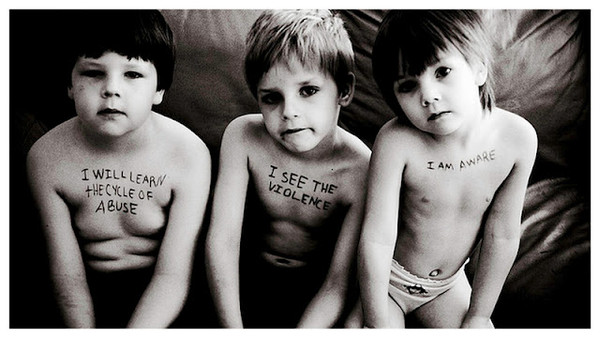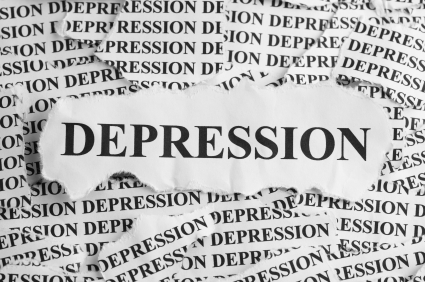4 Red Flags of a Relationship Going Downhill

Valentine’s Day is around the corner. It is suppose to be happy times for you and your partner however, things are going worse and worse day to day. That love you had towards your partner is becoming annoyance, hate, anger… 
Is it a dead end to your relationship or can you save it? Try exploring these 4 red flags and if all or most apply to you, I suggest contacting a therapist to give you a helping hand.

1. Lack of Communication
Do you feel your conversations are becoming shorter and shorter? That’s not a good sign. Here are some things to look for when you and your partner are exchanging words.
a) Bitter Language: This is when unconsciously or consciously you or your partner use words that are offensive or words that project accusation and criticism.
b). Negativity: This occurs when majority of your talks are negative. You only speak to one another when there is something negative to point out. You only see the flaws of your partner and fail to recognize the positive traits and actions.
c). Not Letting Go: You hold on to arguments and negative experiences however, you tend to forget the positive and happy moments in your relationship. When the right time comes, you use the past against your partner. Read More




